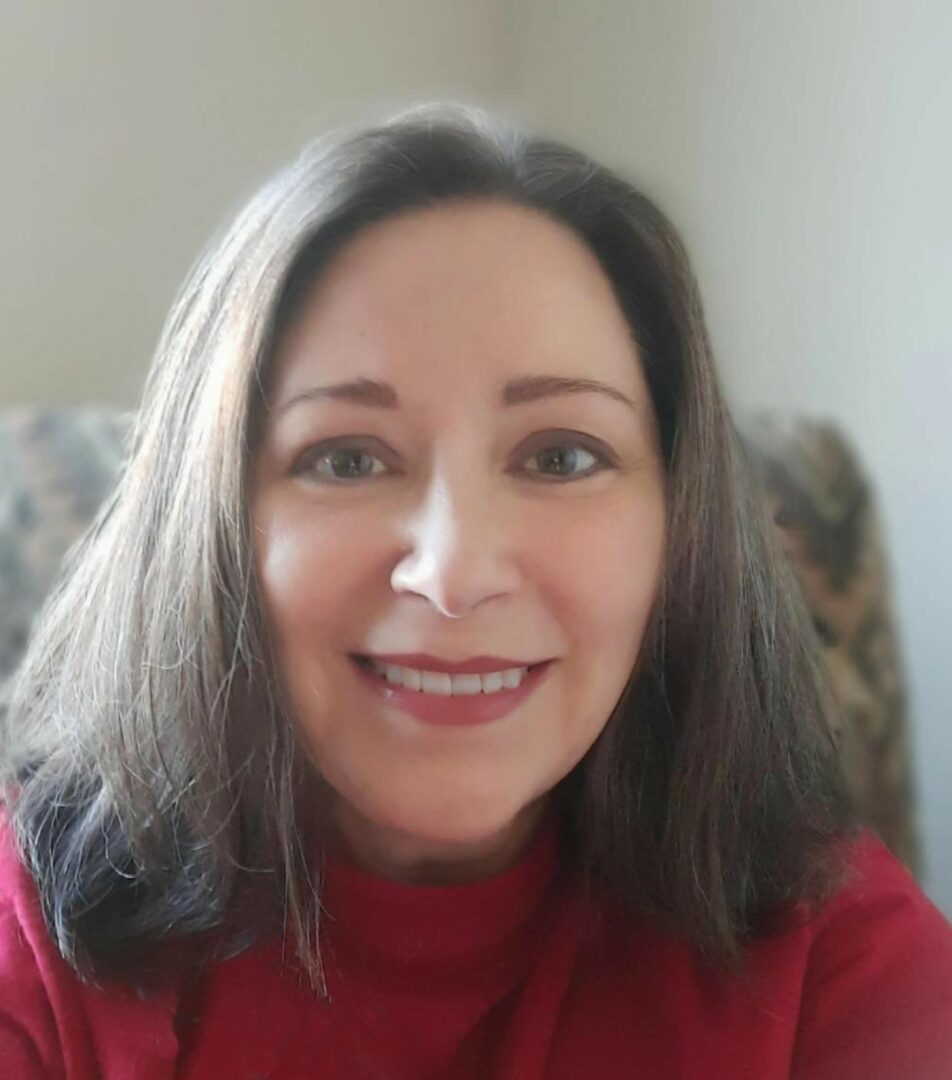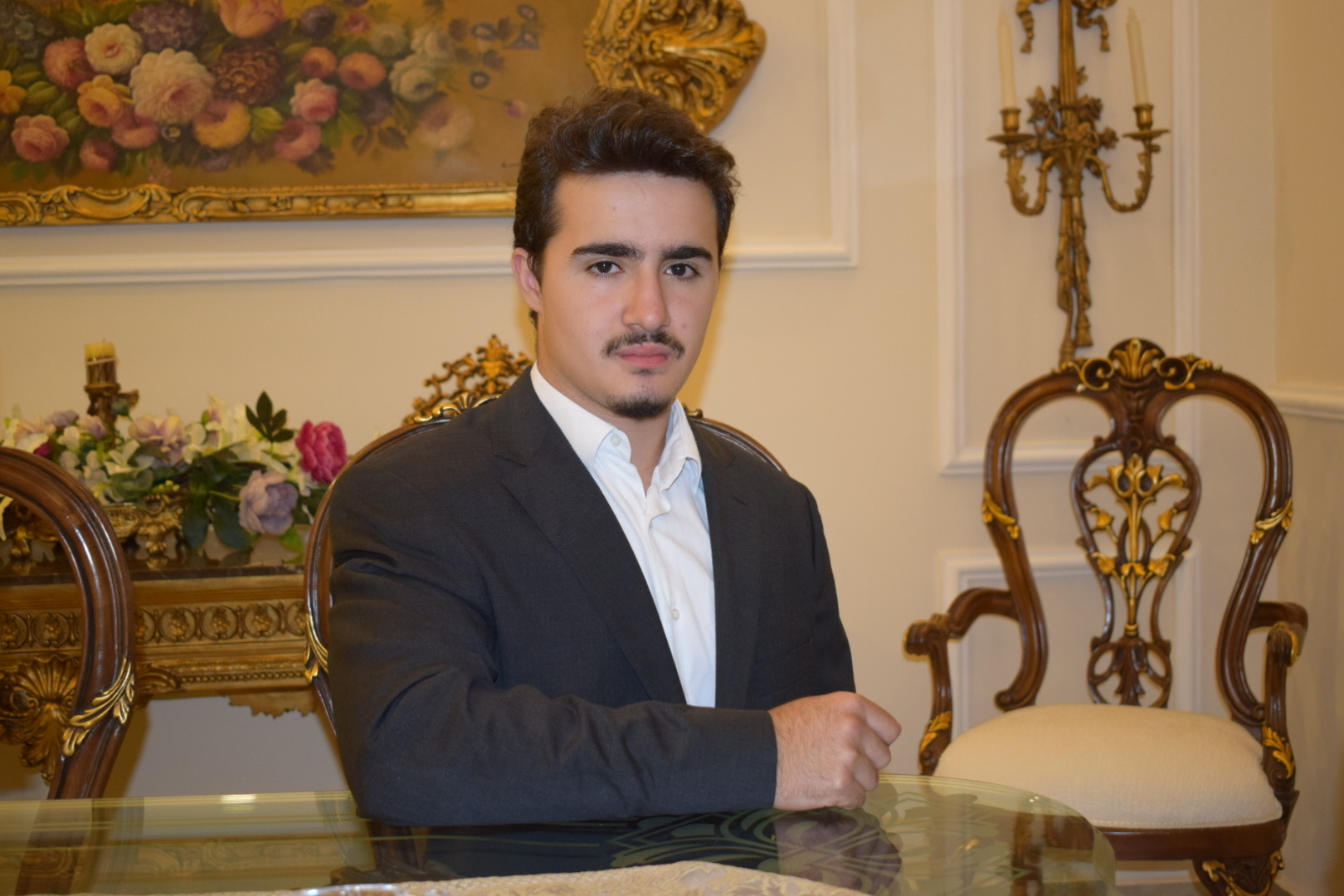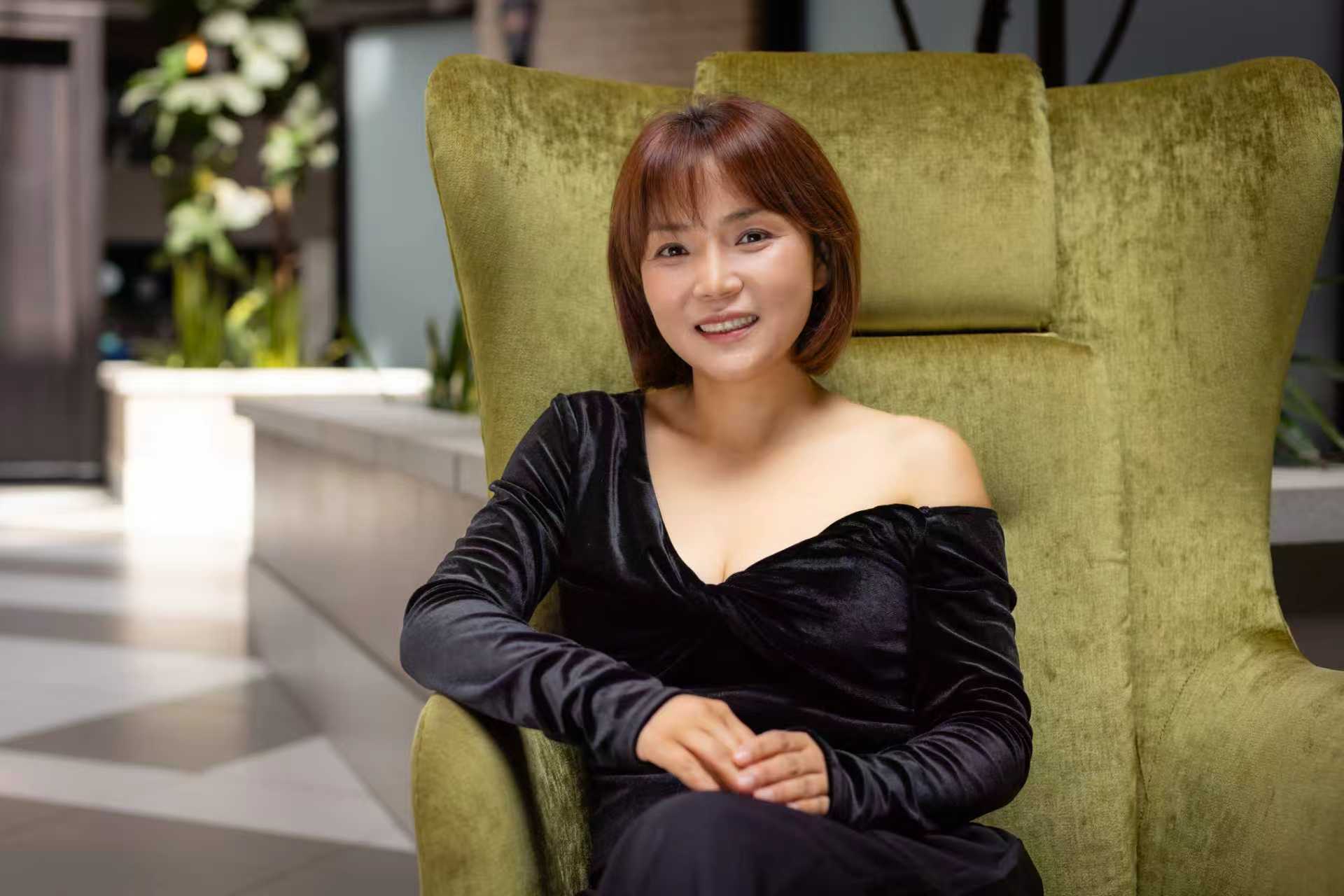We recently connected with Adriana Allegri and have shared our conversation below.
Adriana, so great to be with you and I think a lot of folks are going to benefit from hearing your story and lessons and wisdom. Imposter Syndrome is something that we know how words to describe, but it’s something that has held people back forever and so we’re really interested to hear about your story and how you overcame imposter syndrome.
Imposter syndrome is a big issue for writers, and I used to think that once I became a published author, I’d overcome that particular insecurity. To a certain extent, that has been true — having a well-received debut novel helped, and it’s a joy to hear from readers who loved The Sunflower House. However, doubt always manages to creep in, and pesky questions still pop up: Will my editor like my second book and want to publish it? Will readers enjoy my second book as much as the first? Is it acceptable to explore different genres and writing styles, or should I stick with what worked in my first book?
Questions like that aren’t helpful. The key is to keep busy. If I keep busy researching and writing, then I don’t have time to worry or get stuck in my thoughts. It tends to quiet the less-than-helpful voice inside my head. That’s the best way to battle imposter syndrome, but I think it’s always going to be a battle.
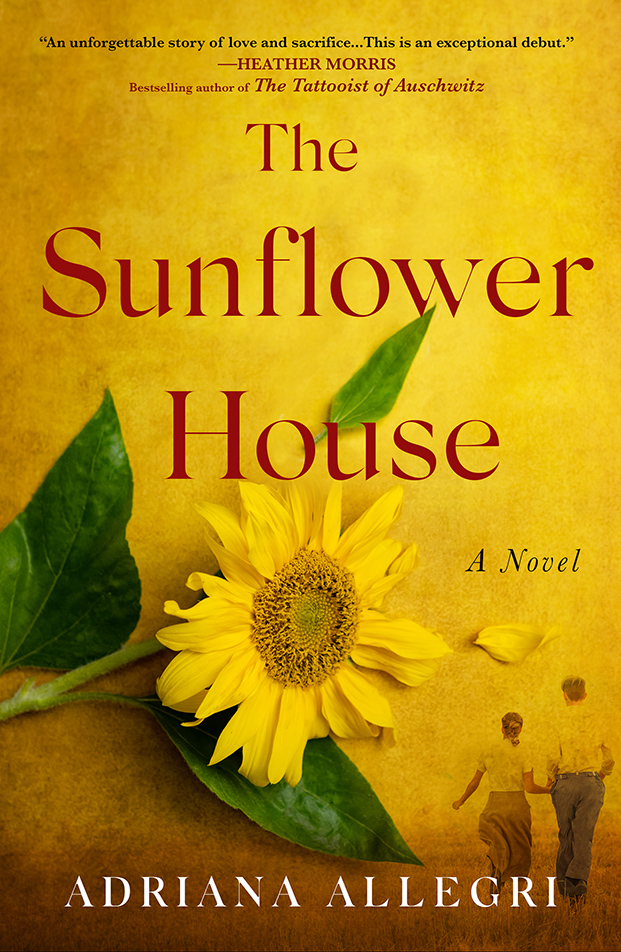
Thanks for sharing that. So, before we get any further into our conversation, can you tell our readers a bit about yourself and what you’re working on?
I’m an author, and my debut, The Sunflower House, was published in November of 2024. This book has been a 25-year journey and dream.
My novel is the story of Allina, a young woman in Nazi Germany, who must hide her Jewish identity when she’s forced to work at Hochland Home — a state-run ‘baby factory’ created to perpetuate the so-called ‘master race.’ While serving as a nurse there, she fights to save herself and the children in her care who are suffering from neglect.
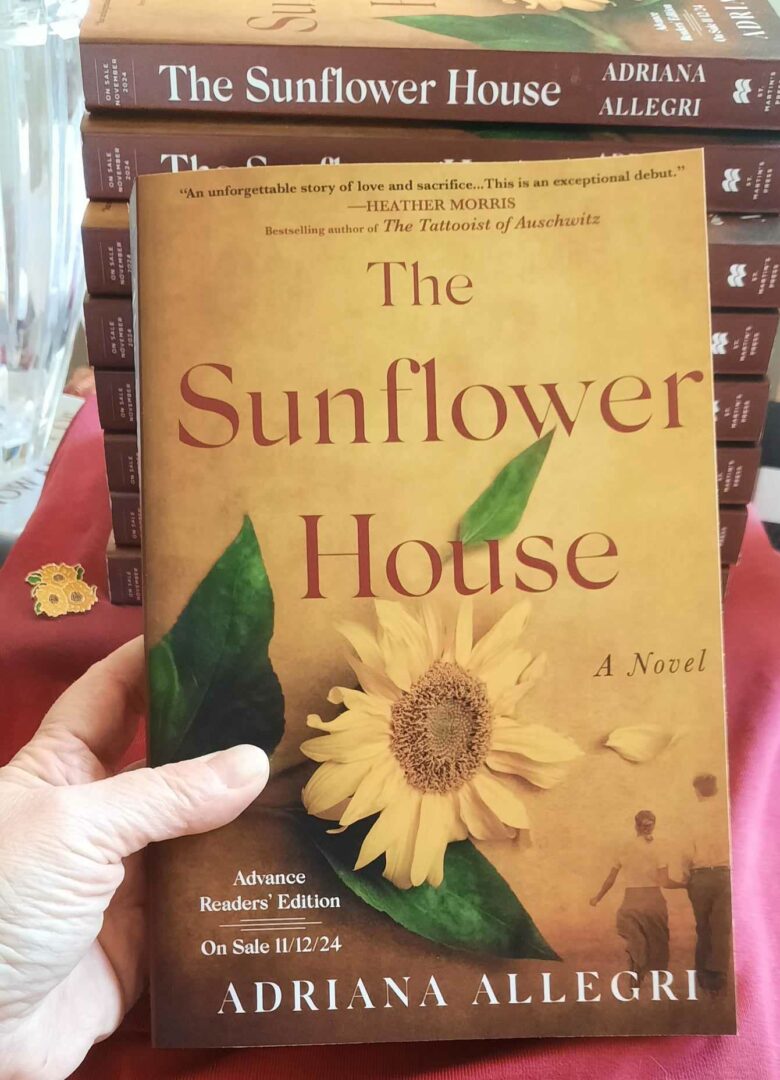
If you had to pick three qualities that are most important to develop, which three would you say matter most?
I think determination was a key quality, as this novel was rejected many times by both agents and editors — I stopped counting at 200. I knew the story was strong and that there was a market out there for this type of novel, so I kept going. Every “no” made me more determined to succeed. Also, my insistence on doing as much research as possible was important, since many records were destroyed at the end of World War II. I kept digging online, in books, and at the U.S. Holocaust Museum in Washington, D.C. for bits of information to help tell the story. Finally, I think my marketing degree helped when it came to marketing this novel. I got a lot of support from my publisher, St. Martin’s Press, but online social media marketing also helped.
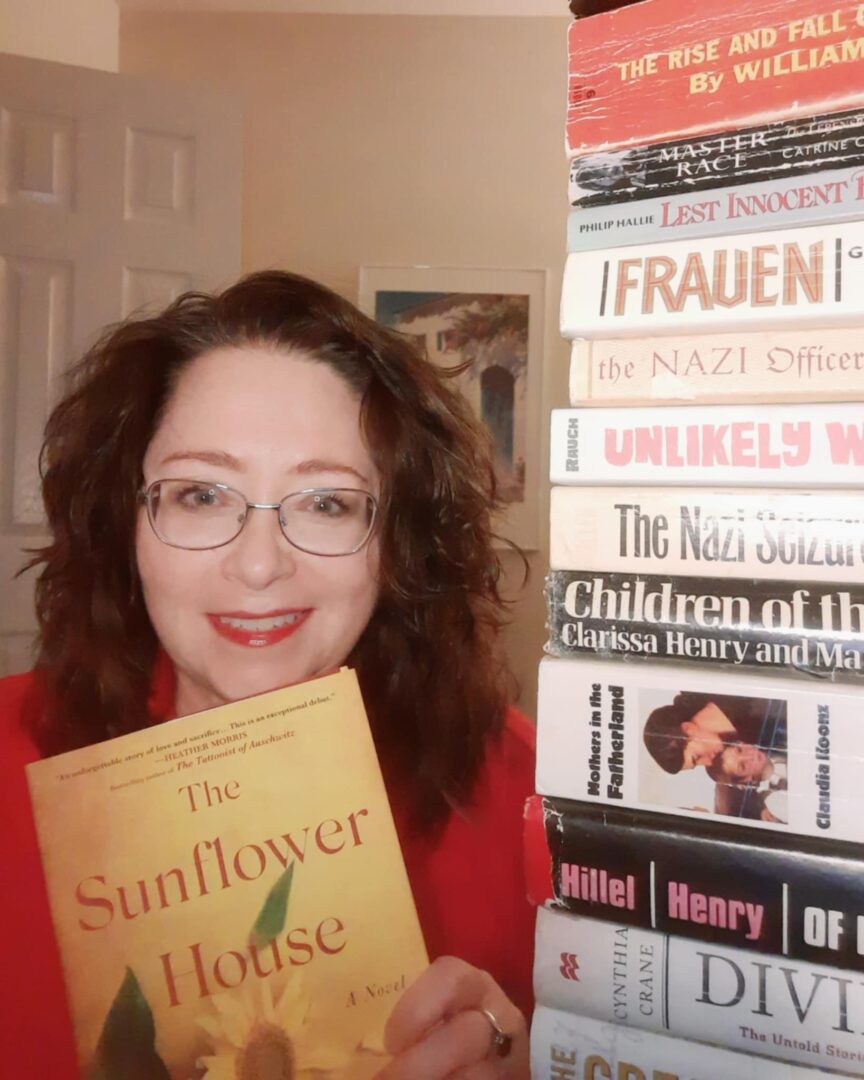
Alright, so before we go we want to ask you to take a moment to reflect and share what you think you would do if you somehow knew you only had a decade of life left?
I’d spend it traveling, and while I hope I have more than a decade left, I plan to do a lot of traveling in the next 10 years. I think travel helps keep the heart and mind open. It’s important to connect with people of different cultures and belief systems, to explore the art, music, food, and customs in different countries. It gives us a wider perspective on the world and also helps us understand how similar we are to every human on the planet.
Contact Info:
- Website: https://www.adriana-allegri.com
- Instagram: adrianaallegri
- Facebook: adriana.writes
- Twitter: adrianaallegri
- Other: adrianaallegri on threads
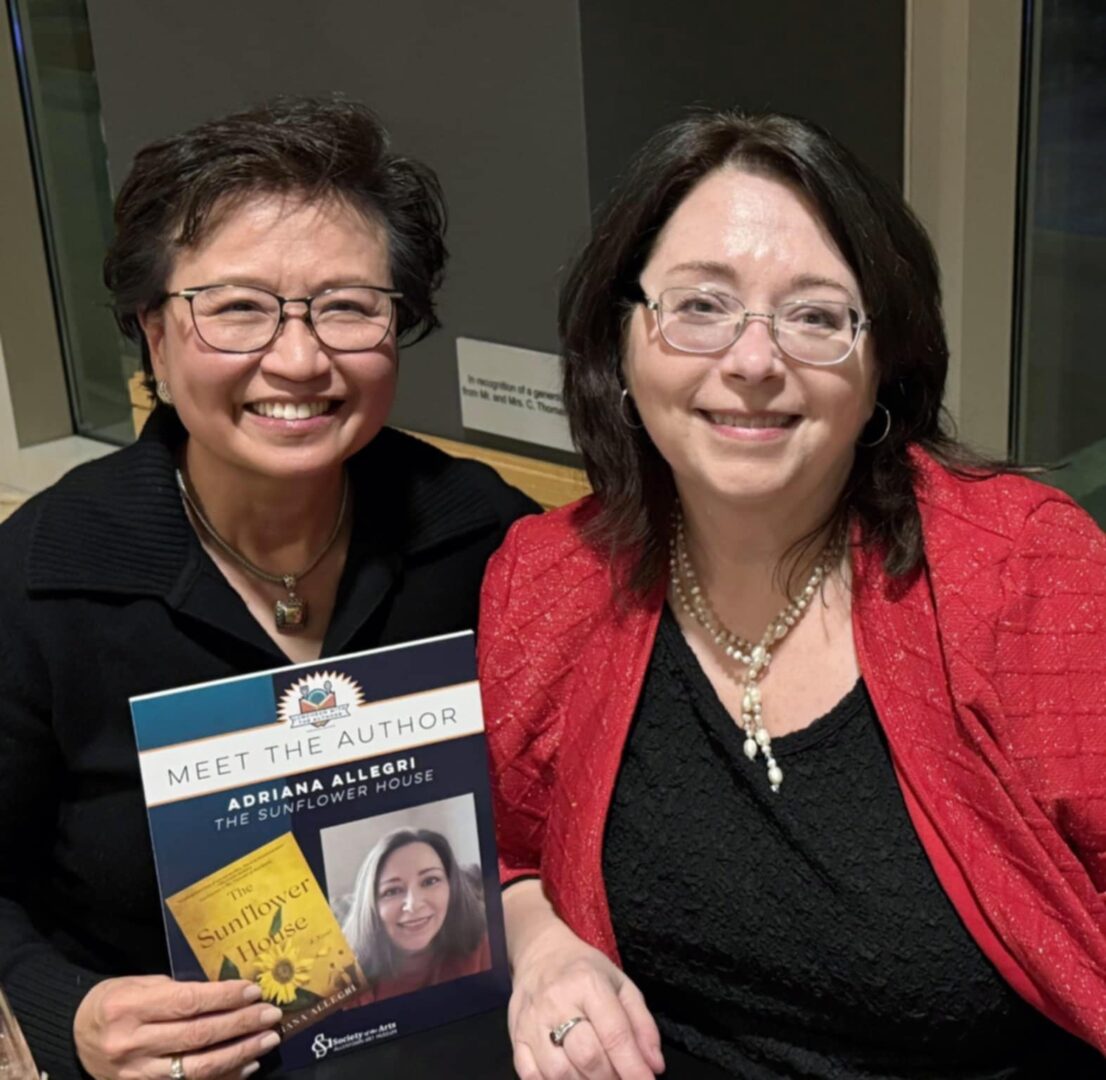
so if you or someone you know deserves recognition please let us know here.

